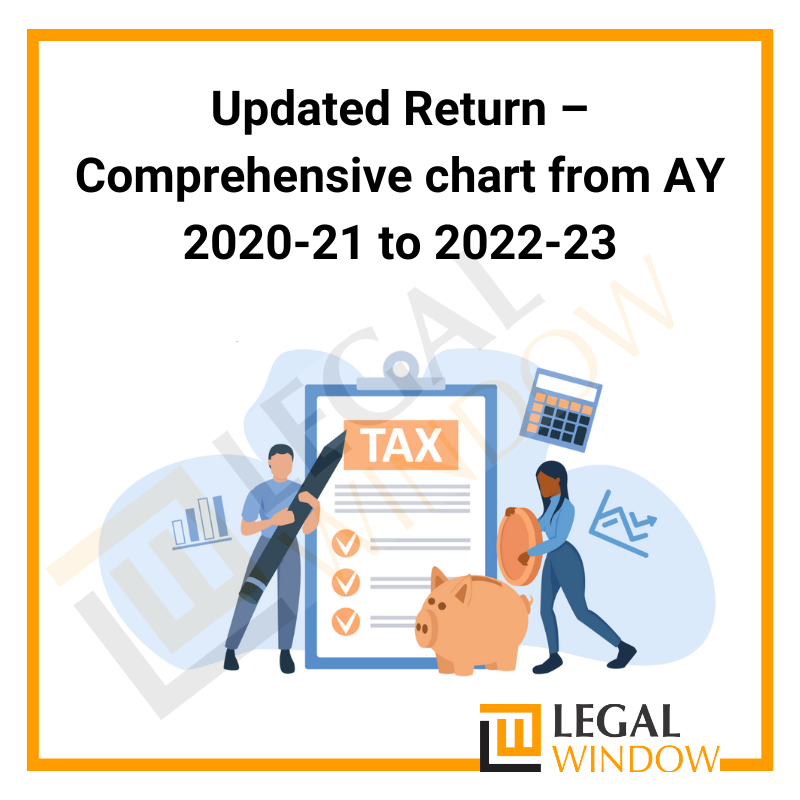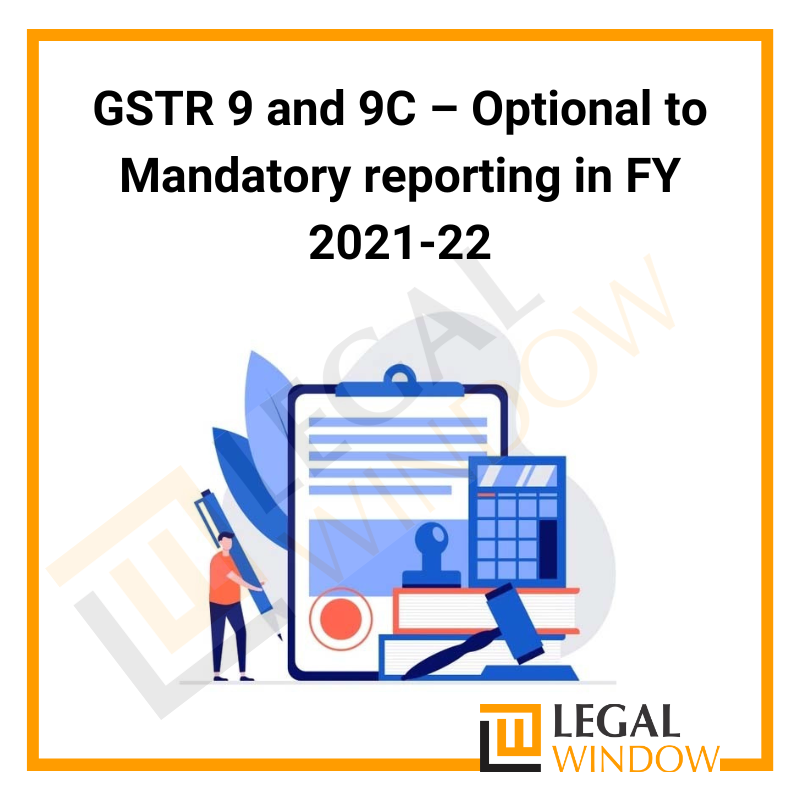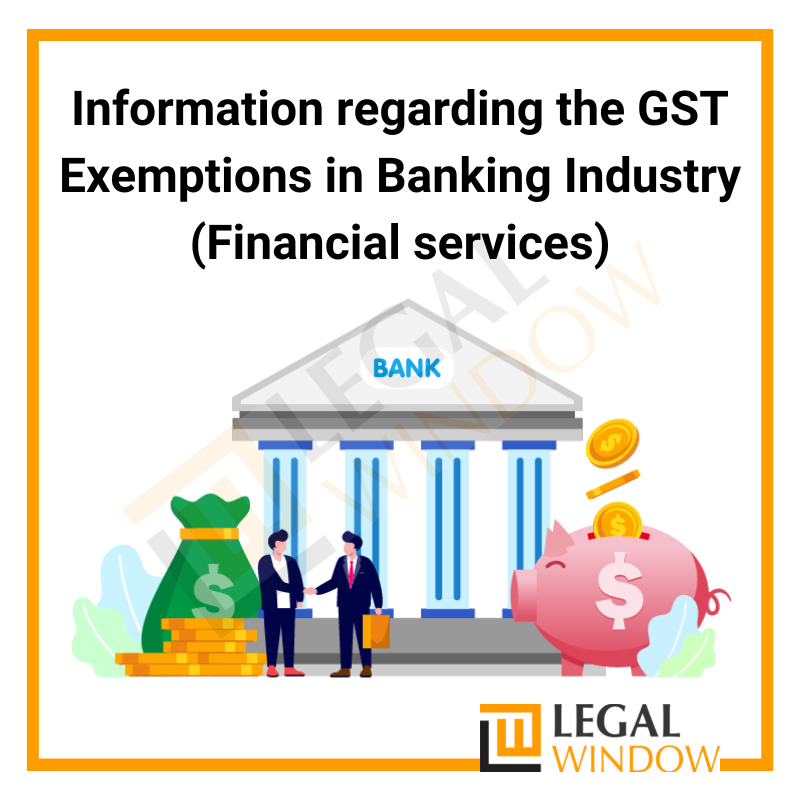Latest Post and Updates

As more and more food business operators enter the food industry, the Food Safety and Standard Authority of India under the Ministry of Health and Welfare ensure food safety in the country. They help the government implement regulations in the food industry. If someone wants to set up a food…
Foreign direct investment (FDI) is an investment by a company or an individual in a country into business interests located in another country. Foreign direct investment is an important engine of economic growth. Foreign Direct Investment (FDI) in India has been steadily declining. It is the second time since 2014,…
An updated return, also known as a revised or amended return, is a type of tax return that taxpayers can file to correct errors or omissions in their originally filed return. The updated return allows taxpayers to make changes to their previously filed tax return after it has been submitted…
Business valuation regulate the economic value, financial liability or asset of the business. It is a necessary implementation in some regulatory, legal and commercial contexts in India. It also helps stakeholders to create informed assess and decisions to fair value of liabilities or assets. In this article, we will discuss…
As we approach the month of March 2023, it is important for businesses and individuals in India to stay up-to-date with their legal obligations and any recent legal updates. In this article, we will discuss the key legal obligations and updates that are relevant for March 2023 and Compliance Calendar…
The Goods and Services Tax (GST) regime, introduced in India on 1st July 2017, has revolutionized the way businesses pay taxes. The GST system aims to create a single, unified market for goods and services across India, replacing the complex tax structure that existed prior to its implementation. The GST…
GST applicability means to whether or not a specific goods and service (G&S) is comes under the GST in India. It is a wider indirect tax, which can replace various previous existing indirect taxes. GST is levied on the supply of G&S and its applicability on all stages of the…
Equity shares with differential rights refer to shares that provide specific rights or privileges to certain shareholders, which differ from the rights enjoyed by other shareholders holding the same class of shares. This concept has been a part of Indian company law since 2000, but it was only with the…
The introduction of the Goods and Services Tax (GST) in India has been a major tax reform aimed at unifying the indirect tax system in the country. While most industries are now subject to GST, there are certain sectors, including the banking and financial services industry, that are exempt from…
The Ministry of Corporate Affairs (MCA) has introduced a new version of the Form SPICe+ and other related forms, which is known as MCA V-3. This new version aims to simplify the process of registering a company and carrying out other related activities. As a result, the MCA has asked…
Categories
- Agreement Drafting (23)
- Annual Compliance (13)
- Change in Business (37)
- Company Law (150)
- Compliance (90)
- Digital Banking (3)
- Drug License (4)
- FEMA (17)
- Finance Company (42)
- Foreign Taxation (9)
- FSSAI License/Registration (15)
- GST (124)
- Hallmark Registration (1)
- Income Tax (214)
- Latest News (36)
- Miscellaneous (170)
- NBFC Registration (8)
- NGO (18)
- SEBI Registration (6)
- Section 8 Company (10)
- Start and manage a business (27)
- Startup/ Registration (134)
- Trademark Registration/IPR (48)










